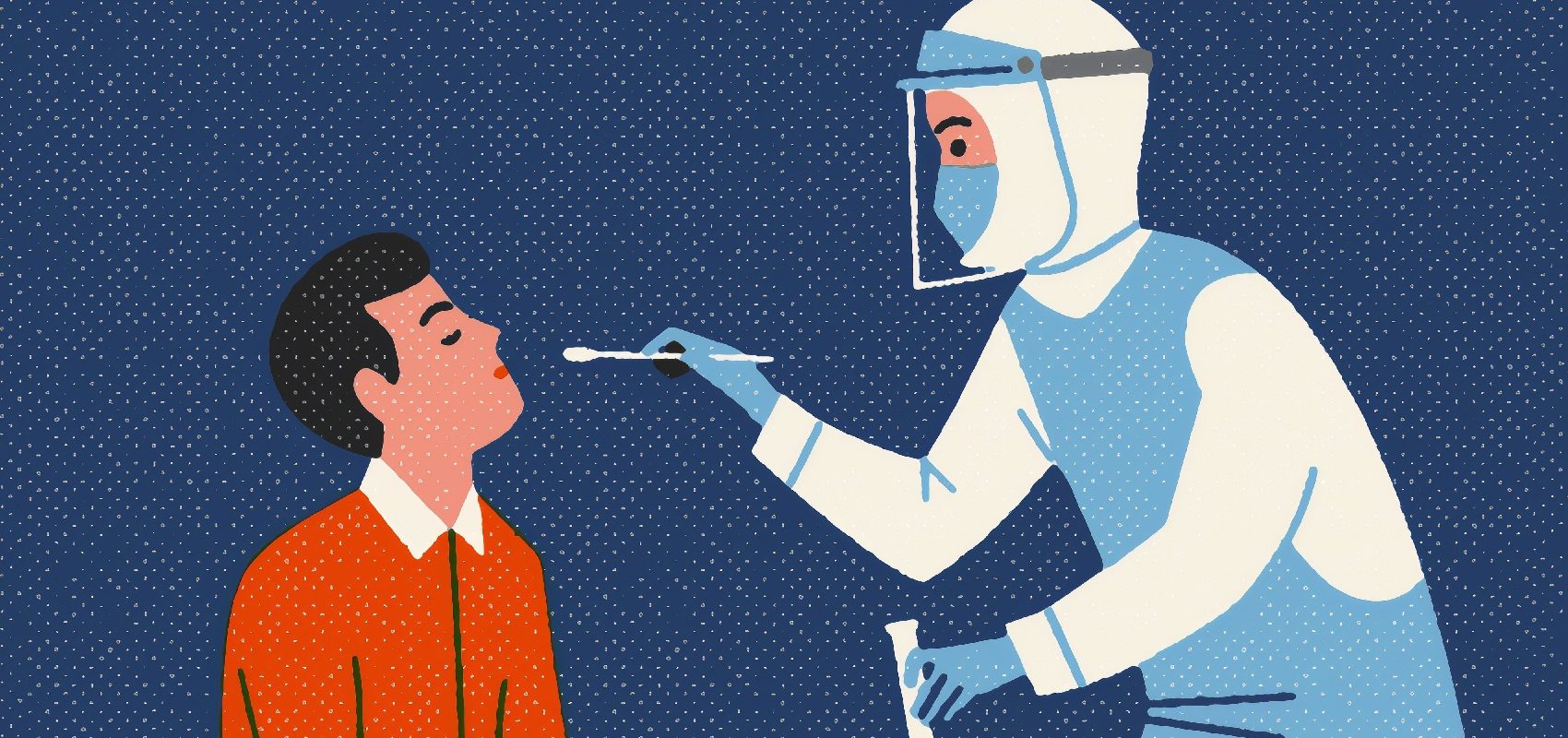A month or two ago, the word anosmia lived a quiet life. “Don’t you mean the condition where you can’t sleep?” Anosmia was a little-known word, with an even littler-known meaning. Now, alongside the greatest dictionary reveal of 2020: furlough, it’s something muttered much more as sufferers of Covid-19 factor smell and taste loss into the growing list of coronavirus symptoms.
For some, however, that word has been known for much longer.
It was March 2018 when I realised something was wrong. I’d had a cold for about a month and was struggling. I remember going down for breakfast and saying to my mum, “I can’t smell.” She soothed me and said, “It’s just a cold. It’ll come back.”
Weeks passed. I’d go into cupboards and pick the most potent things to try to smell – mustard, garlic, coffee. I’d blow my nose to ‘clear the passages’ so vigorously, it bled. Eventually, I went to my GP. With his arms stretched out in exasperation, he said, “I’m sorry, I don’t know what to say – I’ve never seen this before.” The diagnosis? It was just a cold. I should give it time; take some Vitamin C; and fight it off.
Soon, it had been half a year. I went to see an Ear, Nose and Throat (ENT) Specialist, and he performed a nasendoscopy, finding no polyps or obstructions, common causes of anosmia. He chalked my sensory loss as nerve damage. It sounded ridiculous – I was a 25-year-old with a cold waiting for her senses to come back. I asked him if my smell and taste would ever return, and he abruptly said: “I’d give it a year.”
At first, anosmia can feel incredibly isolating. I had no idea you could lose your smell and taste – it seemed something so deep inside me, I thought the senses were untouchable. Ironically, the things I suffer most are exactly what we can’t do right now: social interactions. Turning down invitations to drinks or dinner with friends became a sad second nature as I sought solitude away from other people enjoying smell and taste around me. I’d run to the toilets at work to cry when my colleagues fawned over someone’s homemade cake, touting how delicious it was. I’d cry when I missed my partner, but couldn’t trace his smell on any of my clothes.
It’s important to remember that coronavirus-related anosmia has a high rate of recovery. If you are suffering now, it mightn’t be forever, and you must focus on what you still have.
Anyone will tell you how the world seems brighter, more vivid; the wildlife mischievously noisy and full of life. As an anosmic, when I eat I play up textures for their sensory pleasure: mixing crisp with soft, like pomegranate seeds bursting amongst hummus, or crunchy seeds perched on top of soft molten porridge. How something looks is important, too: cuts of lime breaking up swathes of red chilli, or bright green avocado smashed onto granary bread.
For most anosmics, basic tastes remain: sweet, sour, salty, bitter and umami, making chilli flakes your right-hand man (and a potential bone of contention with your non-anosmic eating partner). Use these to your advantage; mix salty crisps with sweet milk chocolate, or crack black pepper (which contains piperine to stimulate the pain receptors in your trigeminal nerves) onto almost anything, and take advantage of the kick of heat.
Even before the phrase new normal became colloquial, I’d been adjusting to mine for the past two years. Recovery feels fluid; some days are much better than others. Developing anosmia has quite literally taken things away from me – but it’s also brought me so much I didn’t know I had the ability to access. Learning how to trust people implicitly to tell me if I smell, or if the milk is a bit weird – or if the exhaust of the car in front is really strong so not to breathe too deeply – it’s shaped who I am.
What we are going through now requires daily courage. Even on our worst days, we are still carrying on, just waiting out the storm, patiently, until the next good new normal day comes.
Originally posted on Metro.co.uk
